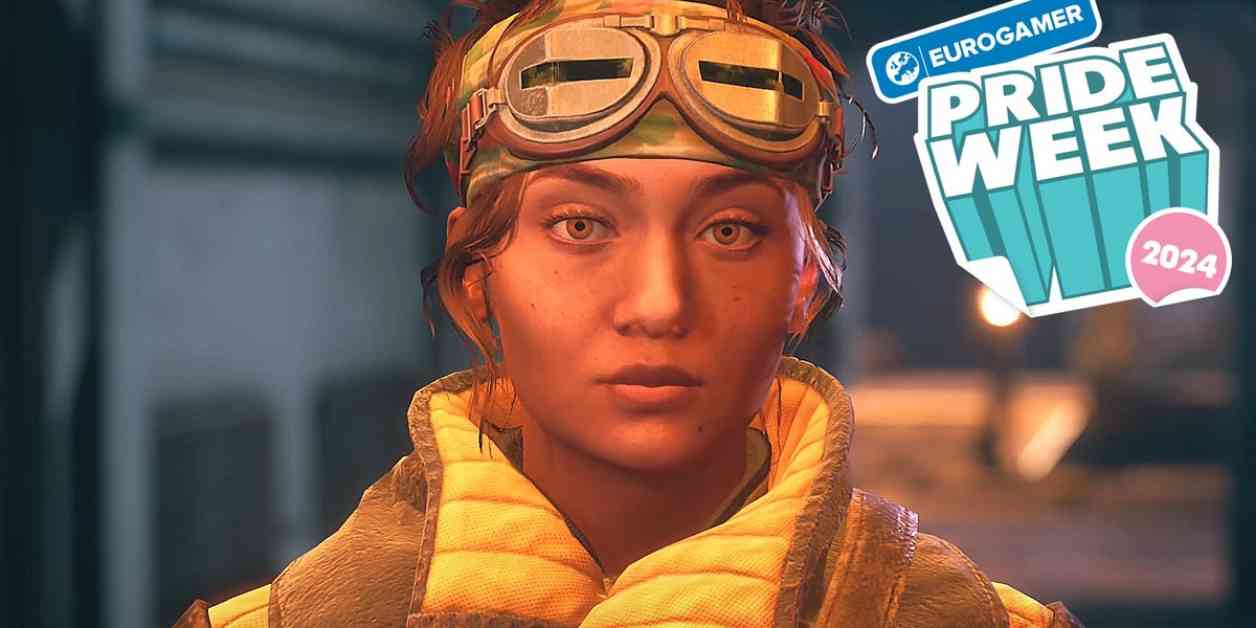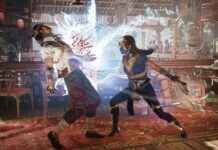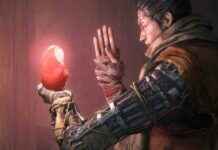Eurogamer is celebrating Pride with a special focus on LGBTQIA+ representation in video games. The Outer Worlds, developed by Obsidian Entertainment, takes a significant step in portraying asexuality through the character of Parvati Holcomb. Asexuality and aromanticism are often overlooked identities within the queer community, making representation in media scarce. Parvati’s character breaks this trend by being one of the few ace characters in a mainstream video game.
The portrayal of asexuality in The Outer Worlds is a crucial aspect of Parvati’s character arc. As an asexual lesbian, Parvati navigates her romantic feelings for another NPC, Junlei Tennyson, which allows the game to explore the complexities and anxieties that come with being ace in a relationship. Parvati’s story sheds light on the challenges faced by asexual individuals, including misconceptions, fears of rejection, and the struggle to find acceptance in a society that often values sexual intimacy in relationships.
The quest “Drinking Sapphire Wine” delves deep into Parvati’s experience as an ace person, highlighting her insecurities and fears about opening up to Junlei. The dialogue between the player character and Parvati reflects common concerns among asexual individuals, such as the fear of not being understood or accepted for who they are. The game provides players with the opportunity to express their own asexuality through dialogue options, creating a sense of validation and representation for ace players.
Parvati’s character development in The Outer Worlds is significant not only for asexual representation but for all minority groups. By showcasing her vulnerabilities, strengths, and the complexities of her identity, the game challenges stereotypes and normalizes the presence of asexual individuals in gaming. Parvati’s journey to find love and acceptance resonates with many players who may have felt isolated or misunderstood due to their identity.
In a gaming industry where LGBTQIA+ representation is still evolving, characters like Parvati Holcomb play a vital role in promoting diversity and inclusion. By telling stories that reflect the experiences of marginalized communities, games have the power to educate, empathize, and empower players from all walks of life. As we continue to push for more diverse representation in video games, Parvati stands as a beacon of hope and inspiration for asexual individuals seeking to see themselves reflected in the games they love.





















